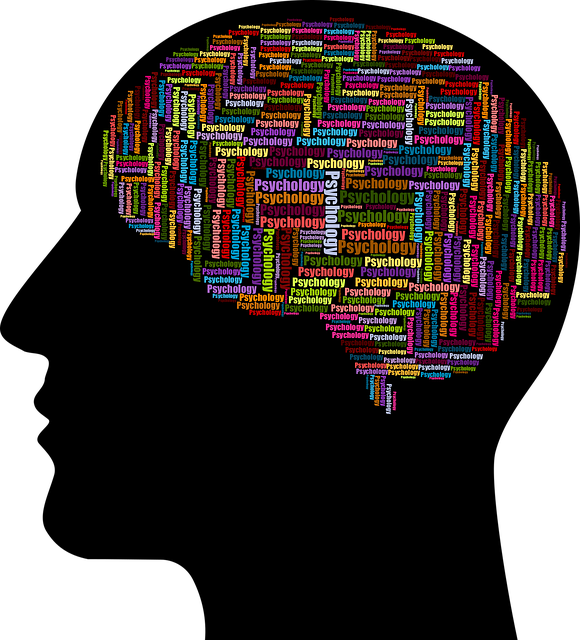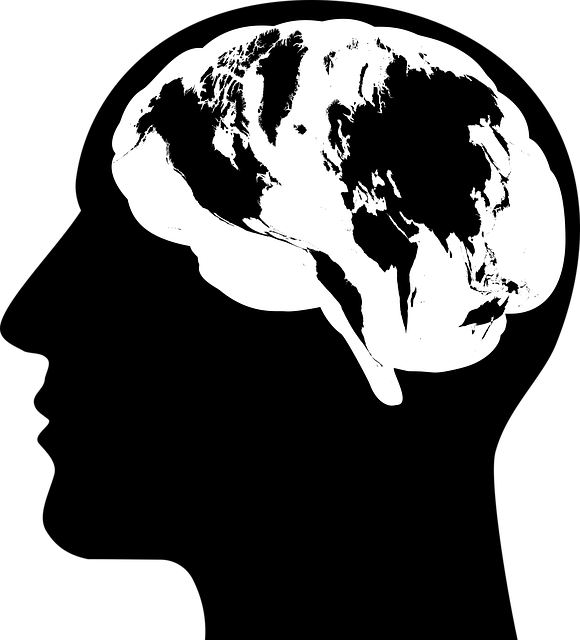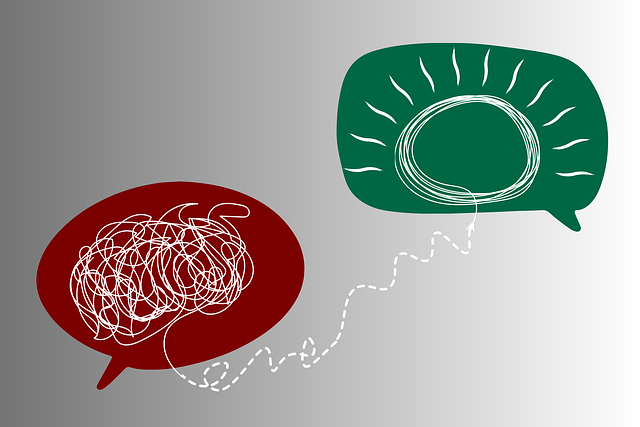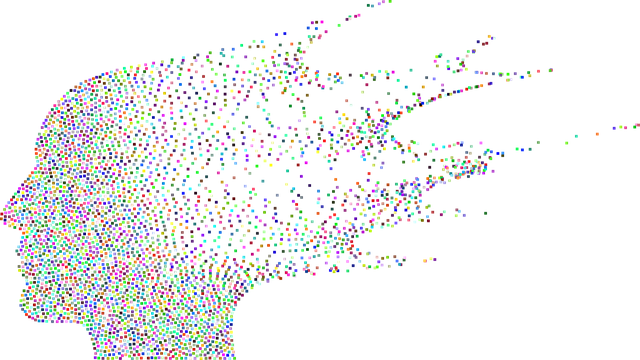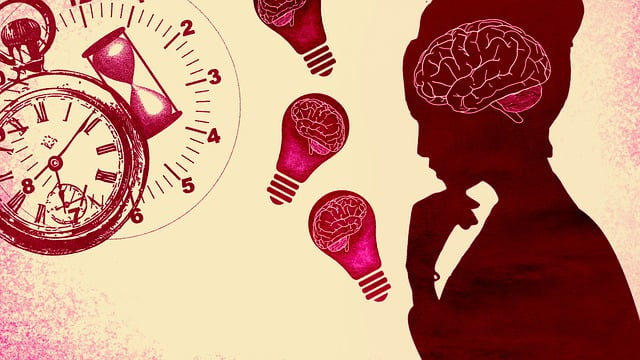Loss and grief significantly impact the elderly, making it crucial to understand and address their emotional well-being. Psychology plays a central role in supporting seniors through bereavement with targeted testing and counseling. Therapists use assessments to gauge emotional states, identify coping mechanisms, and tailor interventions like CBT and psychotherapy. By combining these techniques, counselors help elders process grief healthily, adapt to change, and cultivate resilience, ultimately enhancing their quality of life during and after difficult times. Key strategies include psychological testing, mindfulness, social skills training, and personalized therapy to meet the unique needs of aging individuals.
“Loss, grief, and bereavement counseling play a pivotal role in helping elderly individuals navigate the complex emotional landscape of mourning. This comprehensive guide delves into the intricate process of understanding these profound experiences and explores effective therapeutic interventions tailored for seniors. From psychological assessments to evidence-based approaches, we examine best practices for delivering compassionate care during times of profound loss. Discover how counseling can empower the elderly, offering a safe space to process grief and find healing through specialized therapy focused on their unique needs.”
- Understanding Loss, Grief, and Bereavement: A Comprehensive Overview
- The Role of Counseling in Supporting Elderly Individuals through Grief
- Psychological Assessment Techniques for Grief-Related Issues
- Therapeutic Approaches and Interventions for Bereavement Counseling
- Best Practices and Considerations for Effective Grief Therapy
Understanding Loss, Grief, and Bereavement: A Comprehensive Overview

Loss, grief, and bereavement are complex emotional processes that can significantly impact an individual’s well-being, particularly among the elderly population. Understanding these concepts is a crucial step in providing effective support and therapy for elders navigating these challenging experiences.
When a loved one passes away, it triggers a natural process of grief, which involves a range of intense emotions and physical sensations. This can include feelings of sadness, anger, guilt, confusion, and even relief. The duration and intensity of grief vary from person to person, with some individuals experiencing short-term periods of mourning while others may struggle for extended periods. Psychological testing can help assess an individual’s emotional state, identify coping mechanisms, and guide the development of inner strength and coping skills necessary for overcoming this difficult time. Through therapy, elders can learn healthy ways to express their grief, develop effective coping strategies, and engage in emotional healing processes, ultimately allowing them to adapt and find meaning after loss.
The Role of Counseling in Supporting Elderly Individuals through Grief

Counseling plays a pivotal role in supporting elderly individuals through grief and bereavement, offering them a safe space to process their emotions and develop inner strength. As the aging population increases, so does the need for tailored therapeutic approaches that address the unique challenges they face when dealing with loss. Elderly individuals may experience prolonged grief or struggle with the emotional adjustments associated with significant life changes, making professional support essential.
Through psychological testing and structured therapy sessions, counselors can help elders identify and manage their feelings of sadness, anger, or loneliness effectively. By incorporating techniques like mindfulness meditation, which has been shown to enhance stress management, counselors empower seniors to cultivate inner resilience. This holistic approach not only assists in the grieving process but also promotes a sense of well-being and improved quality of life for elderly individuals navigating the complexities of loss.
Psychological Assessment Techniques for Grief-Related Issues

In addressing grief and bereavement, psychological assessment techniques play a pivotal role in understanding an individual’s mental wellness. Therapists often employ specialized testing to gain insights into a client’s emotional state, especially when catering to elders undergoing significant loss. These assessments go beyond surface-level discussions, delving into the complex interplay of feelings and memories associated with grief. By utilizing evidence-based psychological testing tools, therapists can identify specific grief-related issues, tailor their approach, and offer targeted interventions that facilitate healing.
For elders seeking therapy for grief, mental wellness coaching programs developed around Mind Over Matter principles have proven effective. These programs focus on empowering individuals to manage and overcome the profound emotional shifts that accompany loss. Through a combination of psychological assessments and tailored coaching strategies, elders can navigate their grief journey with support, fostering resilience and improved mental wellness.
Therapeutic Approaches and Interventions for Bereavement Counseling

Bereavement counseling leverages various therapeutic approaches to support individuals navigating loss and grief. One effective method is cognitive-behavioral therapy (CBT), which helps clients identify and challenge negative thought patterns associated with their bereavement, fostering healthier coping mechanisms. Through structured discussions, CBT equips individuals with strategies to manage anxiety relief and adapt to life changes post-loss.
Additionally, psychotherapy sessions often incorporate psychological testing to assess emotional states and provide tailored interventions. These assessments can reveal underlying mental health concerns, such as depression or trauma support services needed, allowing counselors to offer comprehensive care. Beyond addressing emotional challenges, some programs include social skills training to help clients reestablish connections and navigate social interactions more comfortably following a significant loss.
Best Practices and Considerations for Effective Grief Therapy

Effective grief therapy for elders involves a multifaceted approach that combines best practices and considerations tailored to their unique needs. One key practice is the use of psychological testing to assess the individual’s emotional state, cognitive functioning, and potential risk factors. This helps therapists personalize the counseling process, ensuring it addresses specific aspects of grief such as depression, anxiety, or trauma. Additionally, engaging in open dialogue about feelings and memories can help elders process their loss, enhance self-esteem improvement, and facilitate a sense of belonging.
Counselors should also be prepared to offer crisis intervention guidance when needed, as acute grief can manifest as severe emotional distress. Burnout prevention is another critical consideration, especially given the demanding nature of working with bereaved individuals. Therapists must prioritize their well-being to sustain empathy and provide consistent support throughout the healing journey. Incorporating coping strategies like mindfulness techniques or creative expression can also empower elders to navigate their grief in healthy ways.
Loss, grief, and bereavement counseling play a pivotal role in helping elderly individuals navigate through one of life’s most challenging periods. By understanding the unique aspects of these processes, counselors can employ effective therapeutic approaches, such as psychological assessment techniques and tailored interventions, to support elders in their healing journey. Through best practices that emphasize empathy, patience, and culturally sensitive care, grief therapy enables seniors to process their losses, find meaning, and eventually experience a sense of peace and resilience. For elderly clients, access to skilled counseling can be transformative, offering them the tools to manage grief and enhance their overall well-being.
